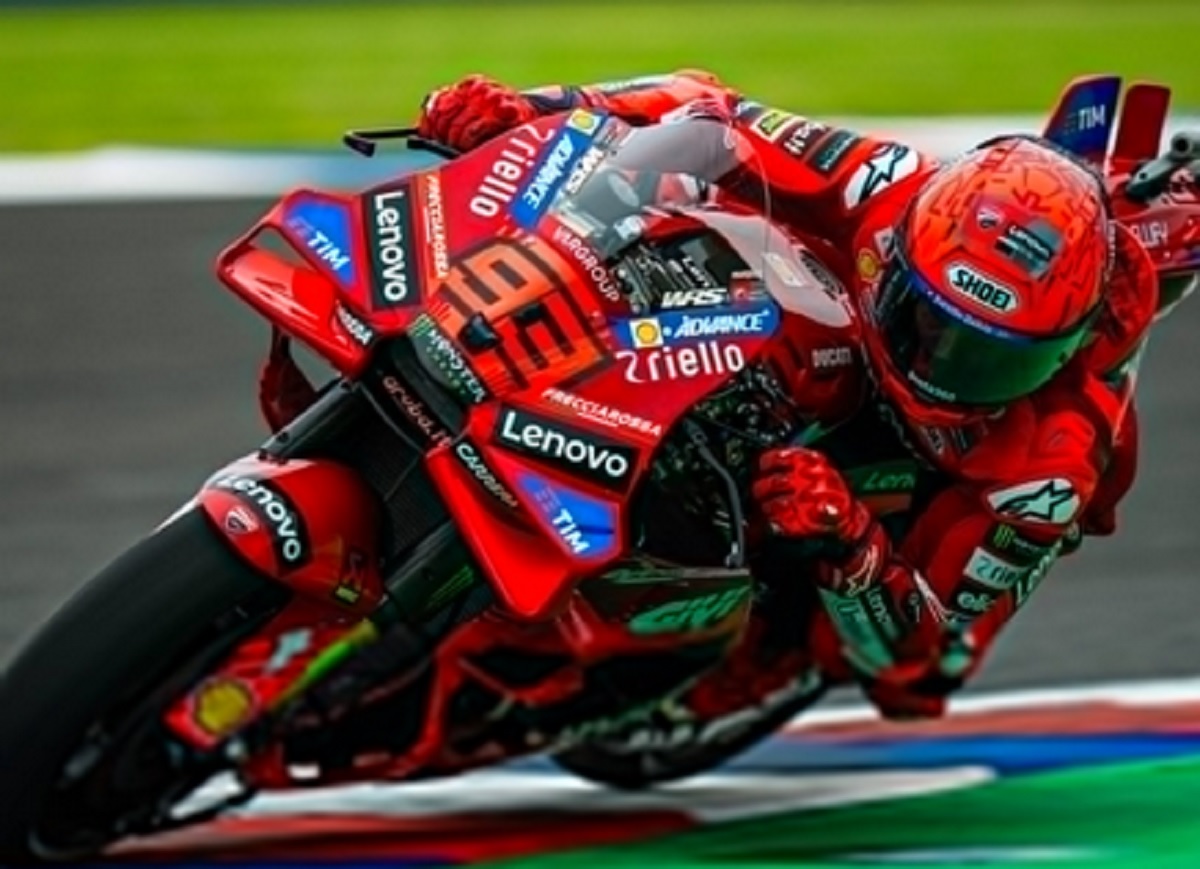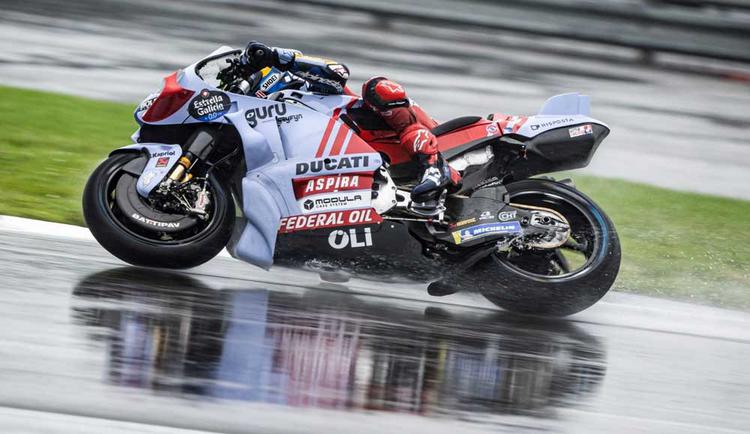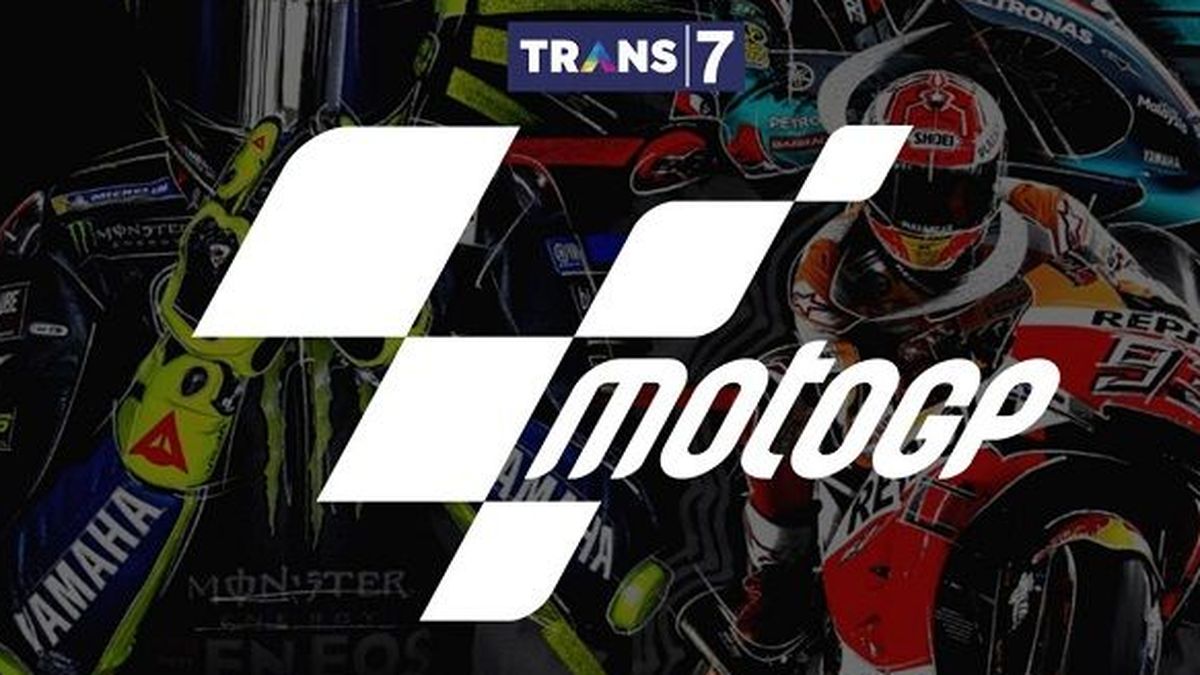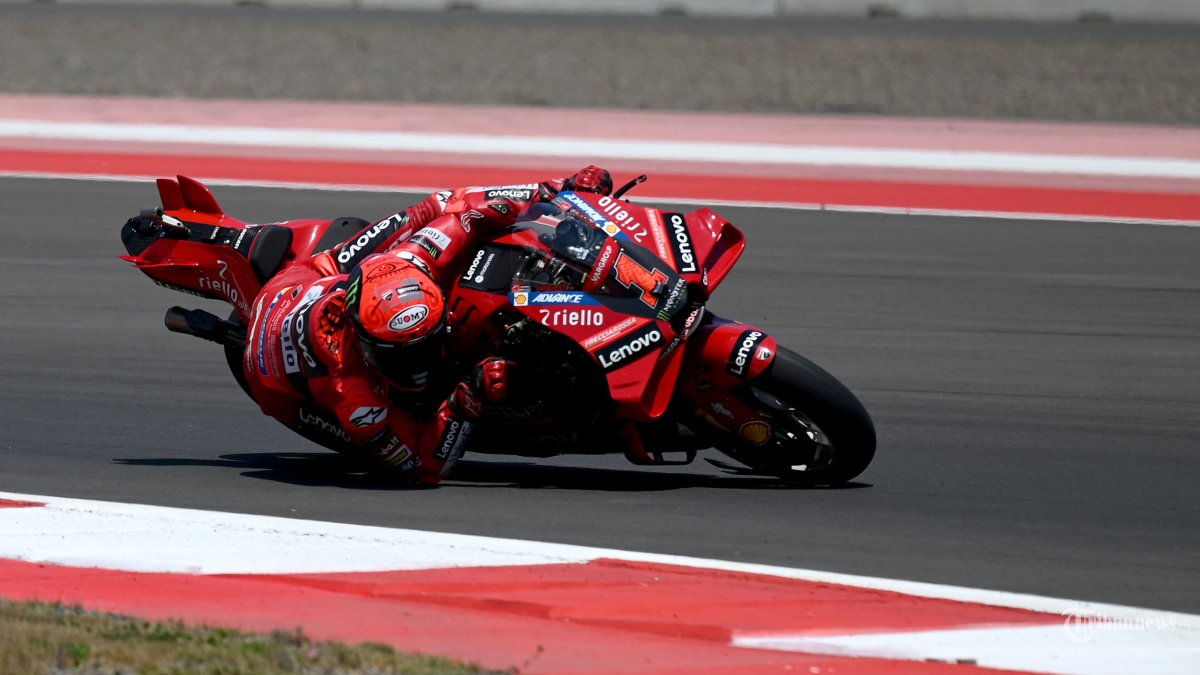The Schumacher Effect: Examining His Impact On Formula 1 Relationships

Table of Contents
Schumacher's On-Track Rivalries and Their Impact
Schumacher's career was punctuated by intense and often controversial rivalries that significantly impacted Formula 1 relationships. His aggressive driving style, while undeniably effective, frequently sparked conflict and controversy.
The Benetton Years: A Crucible of Intense Rivalries
Schumacher's time at Benetton witnessed the emergence of his fiercely competitive nature. His battles with Damon Hill and Jacques Villeneuve were legendary, marked by aggressive overtakes, collisions, and simmering tensions that extended beyond the checkered flag.
- Aggressive driving: Schumacher's willingness to push the boundaries, sometimes exceeding the limits of sporting conduct, became a hallmark of his style.
- Controversial moments: The 1994 and 1997 championship clashes, particularly the incidents at Silverstone and Jerez, remain highly debated, showcasing the intense rivalries and their impact on the sport's image.
- Intense rivalries: These confrontations not only defined Schumacher's early career but also shaped the perception of him as a ruthlessly ambitious driver, a perception that both fueled and complicated his legacy. The resulting controversies fueled discussions about sportsmanship and the acceptable limits of competition in Formula 1.
The Ferrari Era: Dominance and Internal Dynamics
Schumacher's move to Ferrari ushered in an era of unprecedented dominance. While his success brought immense glory to the team, it also impacted his relationships with teammates and the internal dynamics within the Scuderia.
- Team orders: The frequent use of team orders to benefit Schumacher, particularly in favor of Rubens Barrichello, created internal friction and sparked debate about fairness and ethical considerations within Formula 1.
- Team dynamics: Schumacher's influence over Ferrari extended beyond the track. His dominance shaped the team's structure and strategic decisions, impacting the careers and morale of other team members.
- Ferrari dominance: His success at Ferrari was undeniable, transforming the team from underdogs to a powerhouse and reshaping the landscape of Formula 1 competition for years to come.
The Schumacher Effect: Beyond the Track
The "Schumacher Effect" extended beyond the racing line. His influence permeated various aspects of Formula 1, shaping the careers of younger drivers and leaving an indelible mark on the sport's culture.
Mentorship and Influence on Younger Drivers
Schumacher's legacy as a mentor is often overlooked amidst the on-track battles. He played a significant role in the development and guidance of many drivers.
- Mentorship: His experience and insights, passed down to younger drivers, provided invaluable lessons about racing strategy, car control, and mental fortitude. While specific examples aren't always publicly discussed, his influence is undeniable.
- Driver development: His influence helped shape the careers of several drivers, illustrating the enduring impact of his guidance and expertise.
- Legacy: His mentorship is a testament to his long-term impact on Formula 1, extending far beyond his own racing days.
Schumacher's Legacy and its Continued Resonance
Schumacher's persona, with its complex blend of brilliance and controversy, continues to shape perceptions of drivers and the sport today.
- Legacy: The debates and discussions surrounding his career, even years after his retirement, demonstrate the ongoing resonance of his legacy.
- Formula 1 culture: His competitive spirit and unwavering drive have become a benchmark for aspiring drivers, influencing the ethos and competitive intensity of modern Formula 1.
- Driver image: His image – a mixture of admiration and criticism – has shaped the way drivers are perceived, impacting the public's understanding of the athlete and the sport's image.
The Evolution of Formula 1 Relationships in the Post-Schumacher Era
Schumacher's retirement marked a significant turning point. While his competitive spirit remains a powerful influence, the nature of rivalries and team dynamics has evolved.
Comparing Modern Rivalries to Schumacher's Era
Modern Formula 1 displays a different dynamic compared to Schumacher's era. The level of on-track aggression, while still present, is often tempered by team regulations and sporting regulations.
- Modern Formula 1: The sport has evolved, introducing stricter rules and regulations to mitigate excessively aggressive driving and enhance sportsmanship.
- Driver relationships: While fierce competition exists, the relationships between drivers often appear more collegial, reflecting shifts in the sport's culture.
- Competitive landscape: The competitive landscape itself has changed, with multiple teams capable of winning races, creating a less dominant environment compared to Schumacher's Ferrari era.
The Lasting Impact of Schumacher’s Competitive Spirit
Despite the changes in Formula 1, the intensity and competitiveness fostered by Schumacher continue to resonate.
- Competitive spirit: His unwavering dedication to winning remains an inspiration for current drivers, influencing their approach to training, preparation, and race strategy.
- Driving style: Aspects of his driving style—precision, precision, and calculated risk-taking—continue to be emulated and studied by aspiring drivers.
- Formula 1 legacy: Schumacher's influence is undeniable, leaving an enduring legacy that continues to inspire and challenge those who follow in his footsteps.
Conclusion: The Enduring Schumacher Effect
Michael Schumacher's impact on Formula 1 relationships is undeniable. His aggressive driving style fueled intense rivalries, his Ferrari dominance reshaped team dynamics, and his competitive spirit continues to inspire generations of drivers. The "Schumacher Effect" is a multifaceted phenomenon, encompassing both on-track battles and off-track influences, leaving a lasting imprint on the sport's culture and competitive landscape. What's your take on the Schumacher Effect? Share your thoughts and continue the discussion by searching for "Schumacher Effect" to delve deeper into this fascinating aspect of Formula 1 history.

Featured Posts
-
 Heineken Revenue Surpasses Expectations Outlook Remains Strong Despite Trade Headwinds
May 25, 2025
Heineken Revenue Surpasses Expectations Outlook Remains Strong Despite Trade Headwinds
May 25, 2025 -
 Funeral Service Held For Hells Angels Member Following Fatal Accident
May 25, 2025
Funeral Service Held For Hells Angels Member Following Fatal Accident
May 25, 2025 -
 How Nicki Chapman Made 700 000 From A Country Home Investment An Escape To The Country Story
May 25, 2025
How Nicki Chapman Made 700 000 From A Country Home Investment An Escape To The Country Story
May 25, 2025 -
 Nws Flood Warning Your Guide To Staying Safe This Morning
May 25, 2025
Nws Flood Warning Your Guide To Staying Safe This Morning
May 25, 2025 -
 Flash Flood Emergency What To Know And How To Stay Safe
May 25, 2025
Flash Flood Emergency What To Know And How To Stay Safe
May 25, 2025
Latest Posts
-
 Jadwal Moto Gp Argentina 2025 Catat Waktu Sprint Race Minggu Pagi
May 26, 2025
Jadwal Moto Gp Argentina 2025 Catat Waktu Sprint Race Minggu Pagi
May 26, 2025 -
 Saksikan Aksi Alex Rins Di Sprint Race Moto Gp Inggris Rekor Baru Kecelakaan Marquez
May 26, 2025
Saksikan Aksi Alex Rins Di Sprint Race Moto Gp Inggris Rekor Baru Kecelakaan Marquez
May 26, 2025 -
 Moto Gp Argentina 2025 Jadwal Lengkap And Detail Sprint Race Minggu Pagi
May 26, 2025
Moto Gp Argentina 2025 Jadwal Lengkap And Detail Sprint Race Minggu Pagi
May 26, 2025 -
 Moto Gp Inggris Jadwal Tayang Sprint Race Di Trans7 And Highlight Jatuhnya Marquez
May 26, 2025
Moto Gp Inggris Jadwal Tayang Sprint Race Di Trans7 And Highlight Jatuhnya Marquez
May 26, 2025 -
 Jadwal Lengkap Moto Gp Argentina 2025 Sprint Race Minggu Dini Hari
May 26, 2025
Jadwal Lengkap Moto Gp Argentina 2025 Sprint Race Minggu Dini Hari
May 26, 2025
